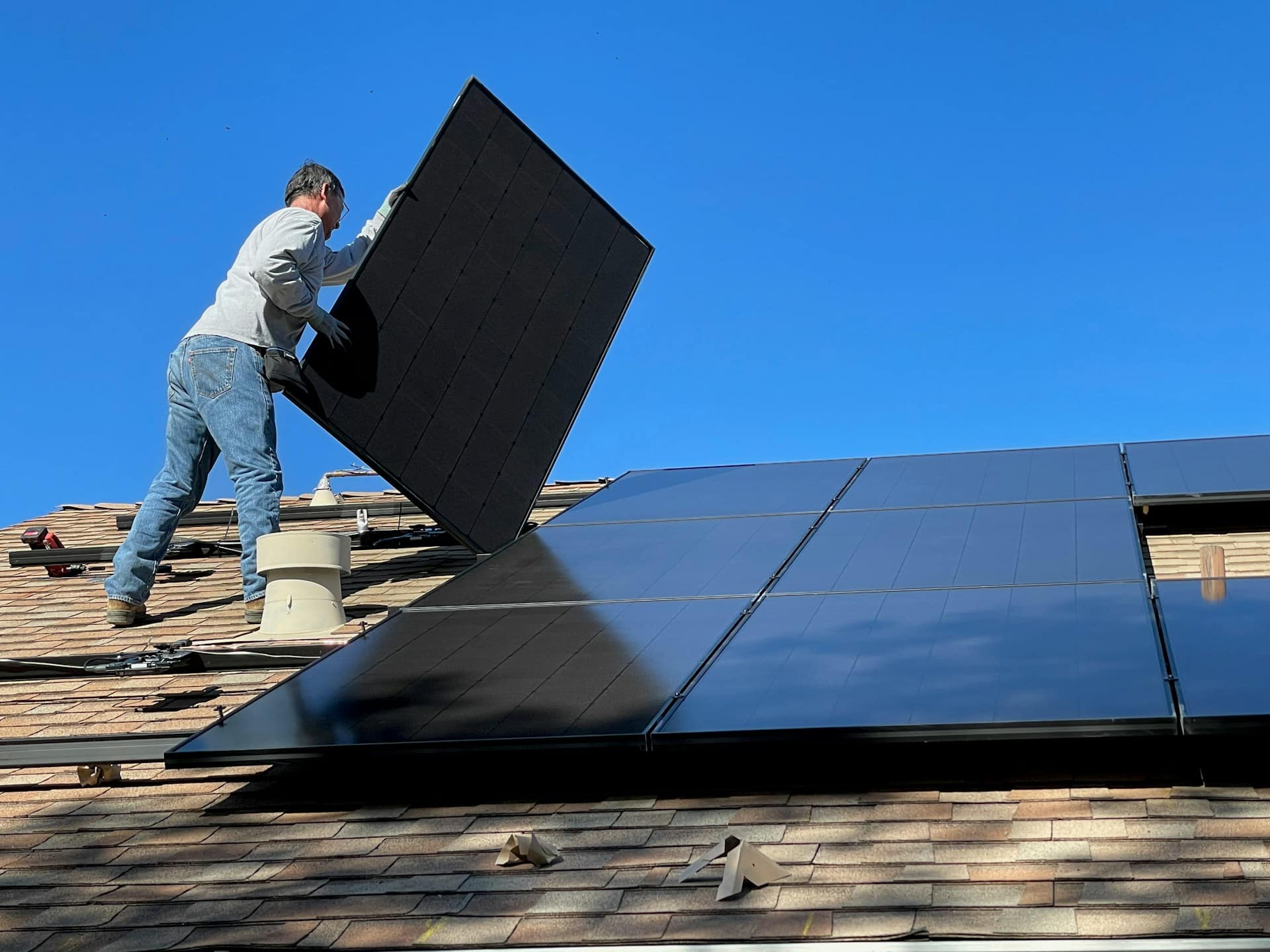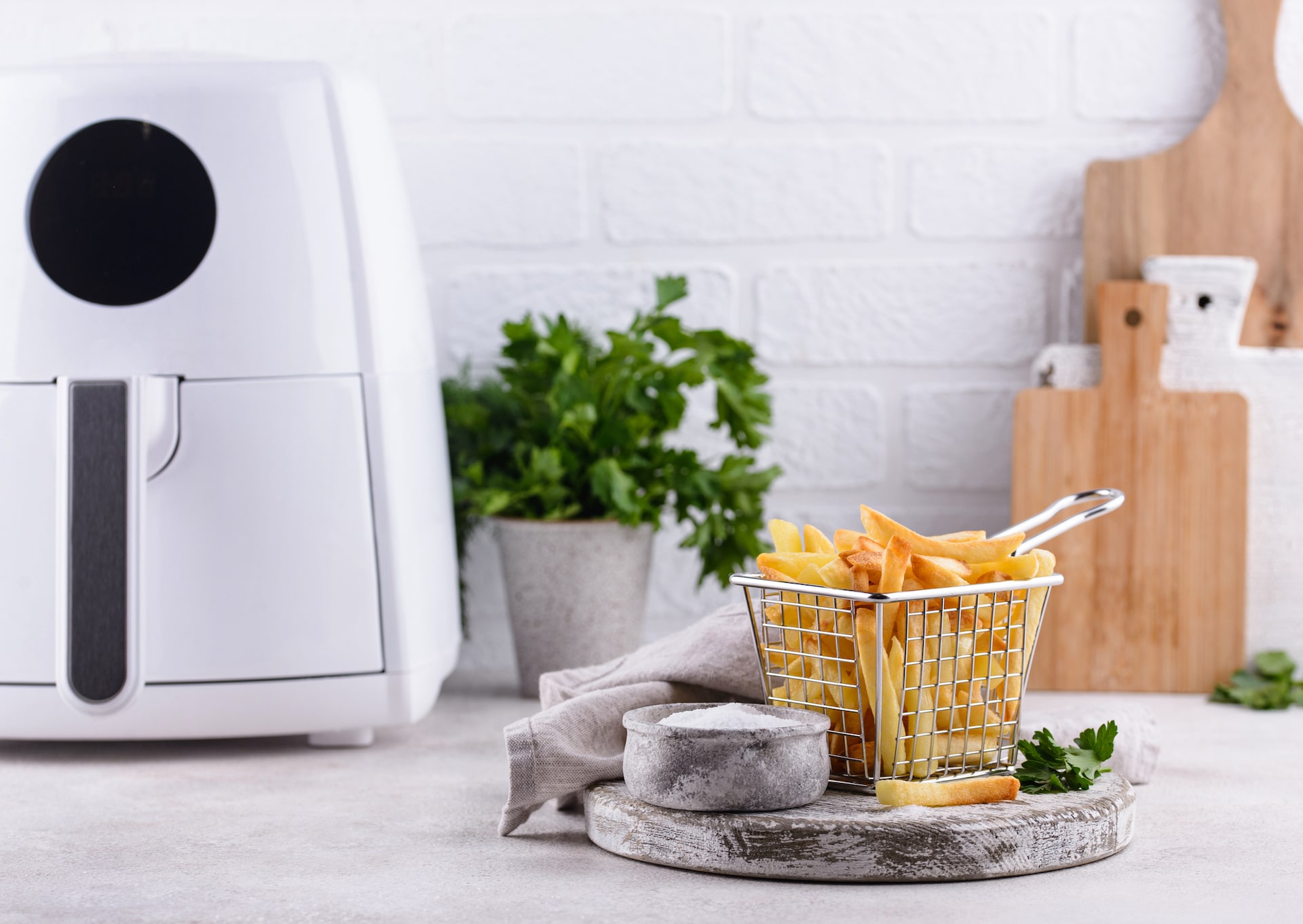This article may contain affiliate links. We may receive a commission for purchases made through these links. Privacy Policy.
We probably all know what helicopter parenting is — It’s a type of parenting that usually means the parent is constantly “hovering” (or more accurately, “looming”) over their child, either physically or emotionally, watching everything they do, say and experience.
Often helicopter parenting is done with the child’s best interests at heart, or so the parent thinks, though helicopter parenting is often motivated by fear. The parent just wants their child to have the best experiences possible and live the best life they can, without the big bad world, beating them down.
Unfortunately, helicopter parents often end up with children feeling burdened, overwhelmed, stifled and smothered. It can breed animosity between parent and child, as the child just wants to be left alone, and the parent just wants to be included. Helicopter parenting can do more harm than good.
But we’ve all gotten a little used to the concept of helicopter parenting and have seen it pop up in parenting magazines for years. It’s a much-talked-about intensive parenting style that’s often discussed with worry and judgment.
So why aren’t parents talking about the more common (at least nowadays) and related snowplow parenting method with the same critical eye? Is it possibly because a new generation of millennial parents have taken the reins from their Generation X predecessors?
Unfortunately, while not as commonly discussed and not as well known, snowplow parenting can be even more damaging than helicopter parenting.
What is Snowplow Parenting?

Snowplow parents (also called lawnmower parents and bulldozer parents) get their name from the behemoth machinery you likely see on your roads and around your neighborhoods during the winter months. Just like those snowplows plow ahead and remove snow and everything else in their paths, all with the intent of making your morning commute easy and stress-free, snowplow parents remove everything in their child’s path of life, to give them the easiest, most stress-free journey.
If a child has been the victim of snowplowing for the first 18 years of their life, they’re likely spoiled — possibly even a spoiled brat. They just don’t get why they can’t have everything handed to them.
Heading off to college can be a huge wake-up call to the real world, wherein children don’t understand why their professor didn’t give them an A on that paper they worked so hard on and that they feel they deserved, or they don’t understand why they didn’t get into the sorority they wanted, no matter how much money they have.
Unfortunately, many snowplow parents fail to cease their snowplow parenting when their children go to college.
They use money, influence, power and anything else they can to ensure their child has an easy path forward, whether that means buying their child an apartment, furnishing their lavish lifestyle or making a hefty donation to the school of their choice. And while extreme, let’s not forget that college admissions scandal from 2019.
How Snowplow Parenting Hurts Children

While every parent wants their child to have a life that’s as enjoyable and stress-free as possible, at least on paper, we can likely all agree that creating a problem-free life for a child is only bound to result in some issues.
Problems in our lives help us learn not only problem-solving skills but life skills like patience, stress management, anger management, healthy coping skills and the plain hard truth that we don’t always get what we want, when we want, how we want.
Related: 9 Things To Do During Quarantine That Don’t Involve Screens
Snowplow parenting keeps children from learning the values of hard work and responsibility.
If you always remove obstacles from your child’s path, how will they ever learn to overcome those obstacles in the real world? If you always strive to make your child’s life fun and free from work and responsibility, how will they ever become responsible?
Whether it’s picking up all your child’s toys so they can have the extra screen time that they want, or fixing all your child’s math homework problems because they feel too stressed out to do it themselves, snowplow parenting robs your child of learning how to work hard and be responsible for their own lives.
Snowplow parenting makes children unable to cope with a range of emotions.
If children never learn how to deal with negative emotions, that issue only becomes compounded later in life. If one doesn’t learn to deal with disappointment, stress and frustration at an early age, those issues become depression, anxiety and anger issues in adulthood.
Am I a Snowplow Parent?

Snowplow parenting is much easier to see in parents of young adult or college-age children, because, by that age, your child should be fairly, if not entirely, self-sufficient. If you have a young adult or adult child, do you…
- Talk to your child’s employers about their performance?
- Talk to their professors/coaches about their performance?
- Make all appointments for your child, from haircuts to doctor visits?
- Wake your child up every single day to ensure they make it to their obligations on time?
- Do you pay for all or most of your child’s expenses?
Snowplow parenting is a little bit more challenging to spot when your child is a teen because you do need to have some sort of responsibility over their life (you likely still talk to their teachers regularly, for example, and still probably make their doctors appointments). You might be snowplow parenting your teenager if you…
- Provide them with leisure cash without asking them to contribute anything to the family in return
- Question every bad grade your child receives, putting the blame on the teacher or school, rather than your child
- Complete any important paperwork for them, from the intake paperwork at the doctor’s office to their college or job applications
- Keep their room clean for them and pick up after them
But snowplow parenting starts early in a child’s life. How can you tell if you’re snowplow parenting your adolescent? You may be snowplow parenting your young child if you…
- Do their homework for them, rather than take the time to walk them through it
- Don’t give your child options when it comes to interests or hobbies, as you want to cultivate their likes/dislikes to help them get into better high schools, colleges and job fields
- Don’t give your child any basic chores, even picking up their room, because you think they’ll be happier that way
- If your child experiences conflict with another child, automatically assume it’s the other child’s fault
- Try to bribe coaches, teachers or others in order to make school or activities easier for your child
How Can I Stop Being a Snowplow Parent?

If you feel like you either have the makings of a potential snowplow parent in your young toddler’s life, or you know definitely that you’ve been snowplow parenting your teen or young adult for years, it’s not too late.
You can change your course and better your child’s life with a few adjustments.
1. Give your kids responsibility.
Instead of ensuring that your teenager is completely ready for the school day, start letting them take responsibility for whether or not they remember to grab their homework off the kitchen table. Start having them do their own laundry.
Instead of picking up your child’s toys before a guest comes over so that your child can enjoy that extra screen time, tell them they have to pick up their toys first, then they can have that screen time.
And, just remember, if you can see that your child is trying to become more responsible, give them the acknowledgment and affirmation they need — whether or not they’re succeeding immediately.
2. If your child could or should do it, let them.
If your child should write their college essay themselves (and they definitely should), let them.
If your child should be capable of solving their own conflicts with their siblings, let them.
If your child should be capable of waking up for class on time, let them.
If you know that whatever task or responsibility is at hand is something that your child either can do on their own or should do on their own, resist the temptation to step in and take over for them. If they come to you for assistance, give what advice you can, but don’t whisk away their worries like a fairy godmother. Doing so will only hurt your child in the long run.
3. Take a hard look at your own reasons for being a snowplow parent.
Why exactly are you a snowplow parent?
Is it because you felt like your own parents weren’t involved enough in your own life, and so you’re overcorrecting?
Do you have your own anxieties about the world and what it could do to your child, and so you want to protect them at all costs?
Do you feel like you have a less-than-ideal life, and you just want to protect your child from the same?
If the discussion of snowplow parenting can bring up these types of questions and remind you of things that have gone wrong in your own childhood, you may want to take a deeper look at the ‘why’ behind your snowplow parenting.
Working through some of these questions and the ‘why’ with a therapist or counselor can help you become not only a better parent but also a better person, as you deal with your own problems that may encourage this type of parenting. There are even therapists and counselors available online, through text and chat.
4. Look at the big picture of your child’s life and the long-term consequences of their actions.
As you give your child more responsibility and agency, they will fail at some point. That’s just how life works. But that’s a good thing!
Your child needs that failure to learn responsibility, consequences, hard work and more. Maybe they fail a chemistry test. Maybe they break their favorite toy. Maybe they eat too many Cheetos and end up with a stomach ache.
Whatever it is, don’t sweat the small stuff. Look at the big picture of your child’s life. Will failing that one chem test screw them up for good? Most likely, not at all. It’s just a blip on their educational radar.
Though there are many tears, will breaking that favorite toy damage your child’s psyche for good? Again, most likely, they’ll be on to a different favorite toy within a day.
Related: Our 11 Favorite Kids Toys From Uncommon Goods [For Your Uncommon Kids]
Regardless of the here and now, look at your child’s long life and how much these hurdles and obstacles are really going to impact them long-term, before you rush to remove them.
5. Show empathy.
You may think that if you abandon all of your snowplow parenting practices, it might make you seem like a cold, heartless parent. While, if your child has been accustomed to snowplow parenting their entire life, they might initially see your backing off in this light, it’s important to still show your child empathy. After all, there’s a big difference between showing your child empathy when they’re frustrated and magically taking all that frustration away.
Make it clear to your child that you’re still there to (emotionally) support them, and you’re in their corner, but resist the urge to fix all their problems.
6. Team up with a partner.
Ditching your long-held snowplow parenting habits can be difficult, so make sure there’s someone in your corner to show you empathy as well. After all, the first time you deny your child an easy fix, it’s likely you’re going to experience some negative emotions, from feelings of failure to fear.
Whether it’s your spouse, your partner, another parent, a friend or your own parents, enlist someone to talk to about and help keep you to your new parenting goals.
You may even want to find other parents trying to reverse the snowplow parenting habit. Three-quarters of parents with children ages 18-24 surveyed by the Morning Consult for The New York Times reported making basic appointments and reminding them about deadlines for schoolwork. You are not alone.
Snowplow Parenting Isn’t Healthy, But It is Reversible

There is a happy medium between snowplow parenting and an opposing style like free-range parenting. Bottom line, you’ll have to get out of your child’s way and let them safely make mistakes.
Even if you’ve been a snowplow parent for decades, by realizing you are this type of parent, you can make the necessary adjustments now to be the supportive — yet healthy — parent your child needs.
You may also be interested in: The 18 Best STEM Activities For Kids At Home
Holly Riddle
view postHolly Riddle
Holly Riddle is a travel, food and lifestyle writer, and a full-time freelance content creator after several years on editorial staffs for a multitude of publications ranging in topic and audience demographic. She currently acts as the editor at large for Global Traveler magazine and is a regular contributor at Trazee Travel, WhereverFamily, TravelMag, CruiseHive and more. Ghostwritten work for travel clients has appeared on Forbes, Bloomberg, Inc. and other top publications. She also manages blogs for tour providers, hotels and tourism boards.
view post





